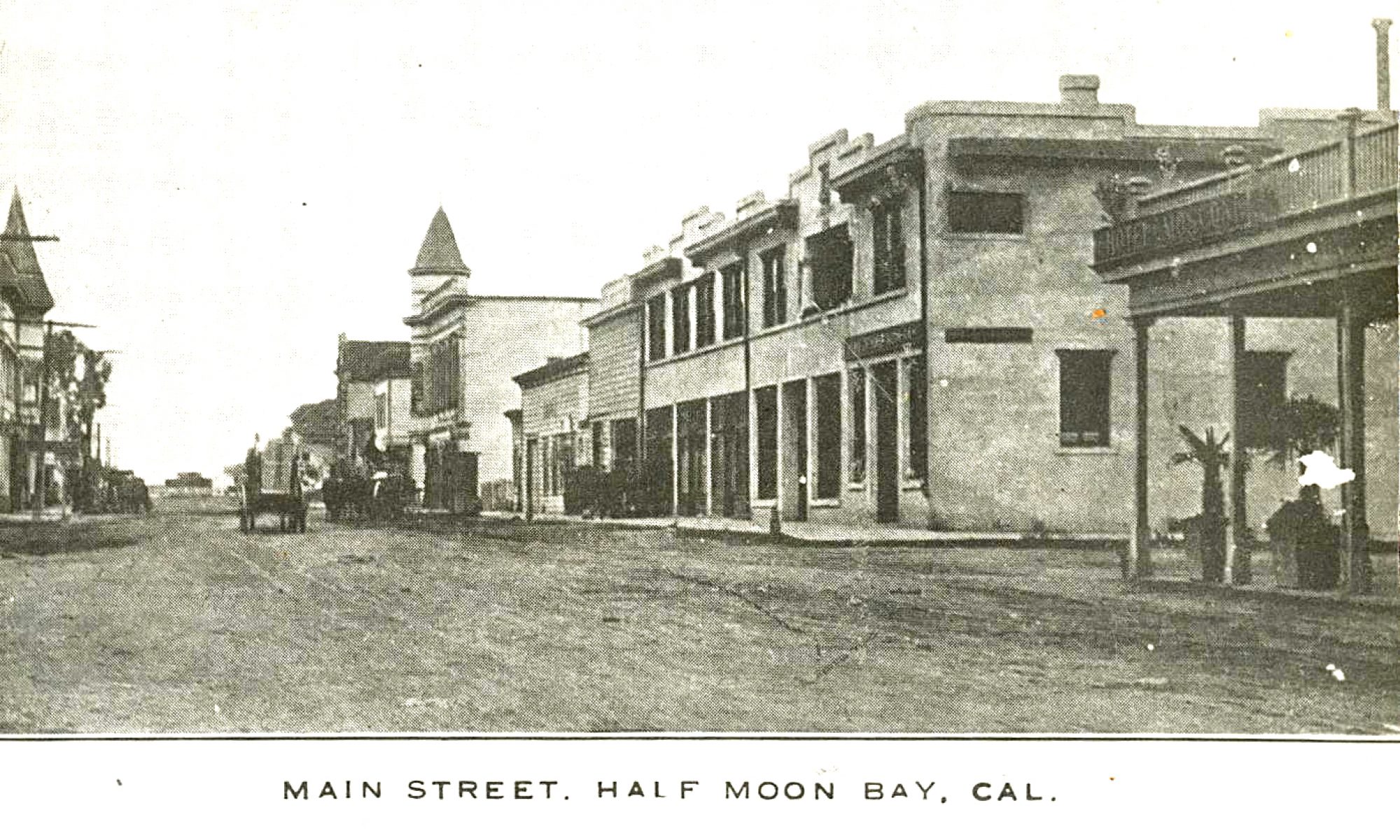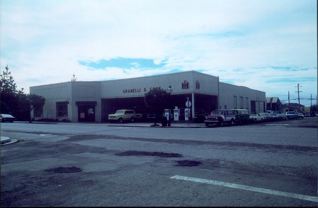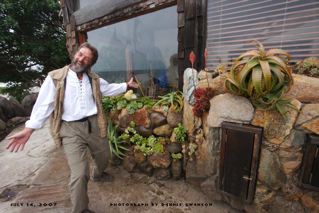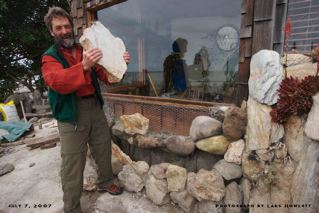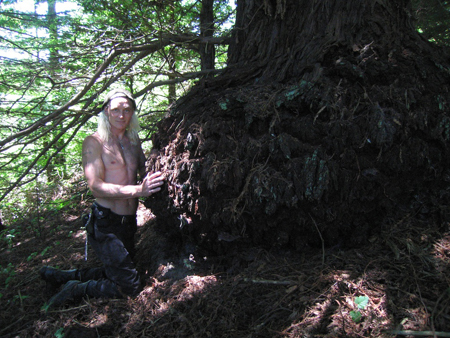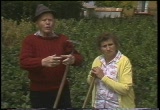 But the Depression didn’t stop Rina and Italo Pacini from having good times. On Sunday nights their friends congregated at a ranch house belonging to Dante Dianda and John Patroni. “There was no television, no radio. We made our own music and danced,” Rina said. At other times they went to a saloon in Moss Beach to dance.
But the Depression didn’t stop Rina and Italo Pacini from having good times. On Sunday nights their friends congregated at a ranch house belonging to Dante Dianda and John Patroni. “There was no television, no radio. We made our own music and danced,” Rina said. At other times they went to a saloon in Moss Beach to dance.
Tragedy struck Miramar when the hot-tempered Pete Gianni was arrested for the murder of a tenant. He spent the remainder of his days at San Quentin Prison.
The “old” Coastside that Rina Pacini knew where “everybody talked Italian” was a place vastly different from today. “My husband and I used to farm lots in El Granada,” she recalled, “and we never felt we needed to ask permission to do so.”
When they were newlyweds, “everybody said we wouldn’t make it because Italo was 15 years older,” Rina said. [As of the early 1990s] they had been together for 58 years.
Ruddy cheeked Italo, who wore a maroon wool sweater and hat while working in the garden behind my house in El Granada every day, was planning to plant beans in the garden when he died at age 93.
